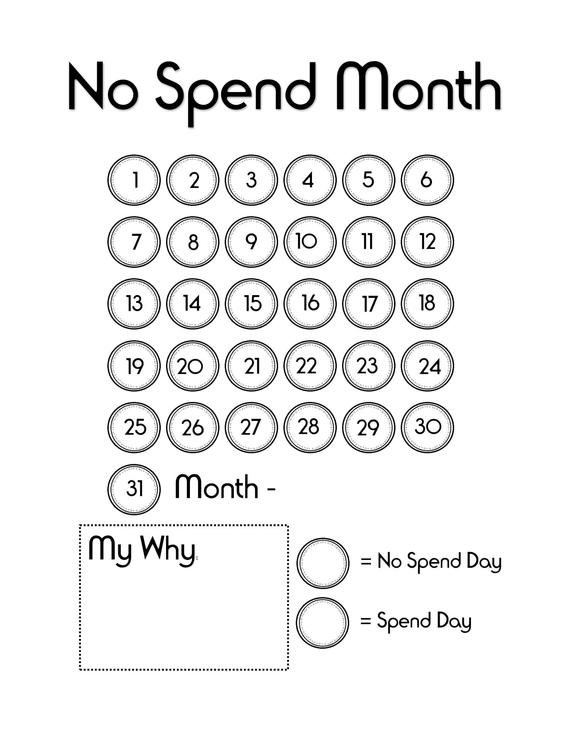Would you take on a 30-day challenge to spend money only on necessities such as rent, utilities, and groceries? During a no-spend month, many common activities — including dining out, buying movie or concert tickets, and shopping for clothes — are avoided at all costs.
The idea behind a 30-day challenge is that the time period is just long enough to help change bad habits without seeming intolerable. If frugality isn't normally your forte, closely scrutinizing your spending could reap hundreds of dollars in savings. More important, it could help identify ways you might be wasting money on a regular basis.
Start by setting a positive goal for the money. Will you use the extra savings to pay down credit card debt or build up your emergency fund?
Here are some other ways to prepare for a successful challenge.
- Time it right. Periods that include major holidays, planned vacations from work, and family birthdays are probably not the best for taking on this type of household experiment. On the other hand, it could be ideal to begin the new year with a "fiscal fast."
- Establish rules. Take your fixed expenses (i.e., rent/mortgage, utilities, phone bill, insurance payments) into account when planning your no-spend month. Evaluate your typical monthly discretionary spending to figure out where you can reduce or eliminate your spending for the month.
- Plan to break patterns. Fill up your freezer and pantry with groceries and collect ideas for easy homemade meals. Steer clear of your personal spending triggers, which could mean staying off the Internet or waiting until later to meet up with friends who are big spenders.
- Seek out free and fun entertainment. You don't have to stay home for an entire month. Spend the day visiting a public park or beach, or look for free concerts, outdoor movies, art festivals, workshops, and other special events hosted by community groups.
- Stay focused. When you get tempted to spend, remember your goal for the money you've saved. Keep a record of your progress to have a tangible reminder that your efforts will pay off.



.png)
